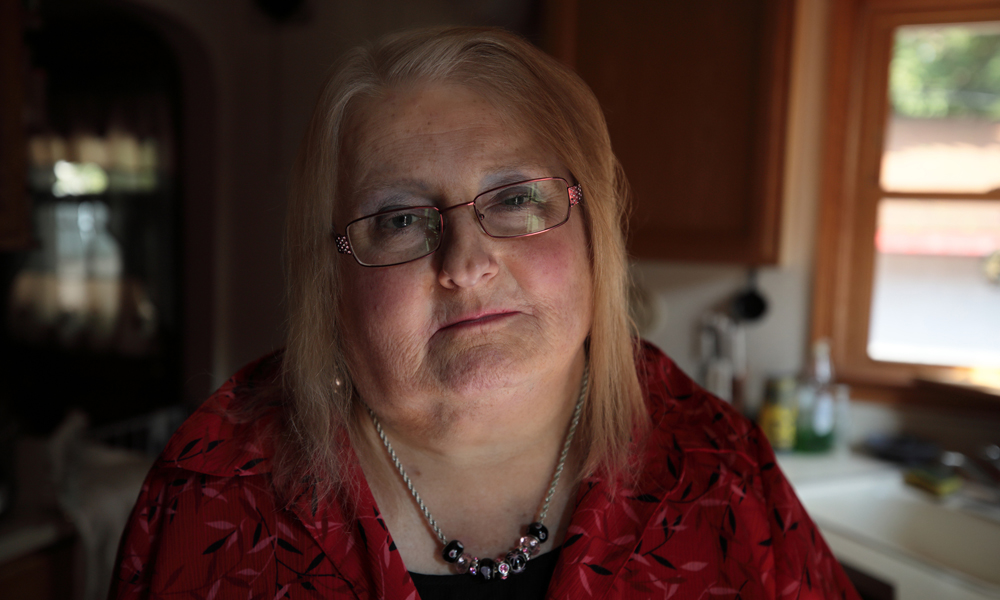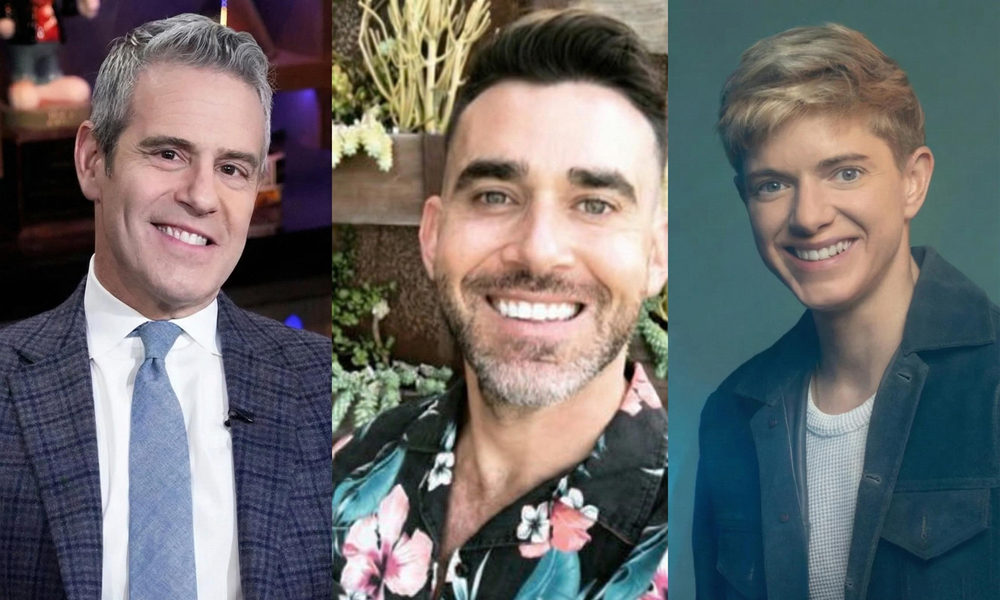Here’s the woman who started it all…
Three major LGBTQ cases were argued in front of the United States Supreme Court in October, and whatever the top US court decides will affect the future of discrimination on the basis of sexual orientation and gender expression in America.
Gerald Bostock, Donald Zarda and Aimee Stephens say they were fired from their jobs because of their LGBTQ identity: Bostock and Zarda for being gay men, and Stephens for coming out as a transgender woman. While the outcomes of all three cases will be historic, Stephens’ case was the first time that the Supreme Court has ever heard a case involving the civil rights of transgender people.
While Stephens is not the first openly trans litigant to appear in front of the Supreme Court (Dee Farmer, a trans woman inmate from Wisconsin, holds that distinction), her case will be the first to deal directly with the rights of transgender people in the US under the law.
Stephens had been working as a funeral director at R.G. & G.R. Harris Funeral Homes near Detroit for six years, struggling with her identity. She came out as a trans woman in the summer of 2013, when she informed her employer with a letter explaining why her transition was necessary for her quality of life. Two weeks later, she was fired.
Shortly thereafter, Stephens filed a complaint with the Equal Employment Opportunity Commission (EEOC), claiming she was discriminated against because of her sex.
Stephen’s boss, Thomas Rost, who calls himself a devout Christian, refused to accept that Stephens now identified as a woman, and would later testify in a lower court that he fired her because she was no longer going “to represent himself as a man” and “wanted to dress as a woman.”
R.G. & G.R. Harris Funeral Homes Inc. v. Equal Employment Opportunity Commission will eventually decide if transgender people are entitled to sex-based protections under Title VII of the 1964 Civil Rights Act. The decision of the nine cisgender Supreme Court justices – not expected until next year – will have serious ramifications for LGBTQ people, specifically transgender Americans, and will affect queer and trans people’s lives for generations.
If Stephens gets a favourable decision from the conservative-leaning court, trans people will have explicit non-discrimination protections under US federal law for the first time in history. A loss would be a dramatic step back in the equal standing of trans people under the law.
“I found it a little overwhelming when I realized that I could be in the history books,” Stephens said outside of the Supreme Court in Washington, DC, in October. “Somebody’s gotta do it, and I’d be happy and satisfied to be that person.”

The US Supreme Court Is Finally Considering Trans Rights
Related Articles
FLASHBACK: Beverly LaSalle Is Murdered On All In The Family (December 25, 1977)
Today in 2SLGBTQI+ history
3 LGBTQ+ Game Changers Of 2025 In Entertainment
Why Andy Cohen, Jesse Tannenbaum, and Mae Martin are the most important voices in entertainment right now. Securing the future of queer representation





POST A COMMENT